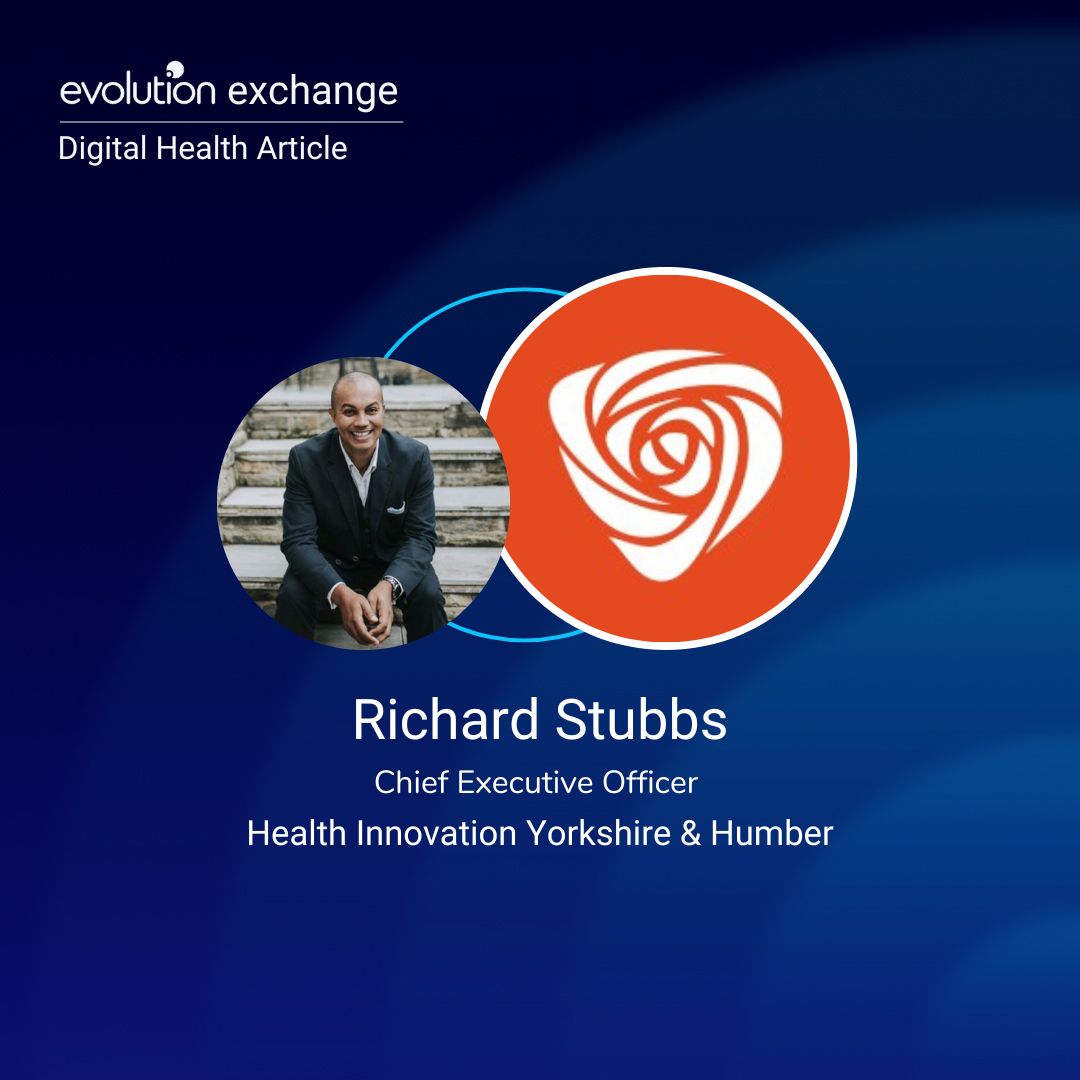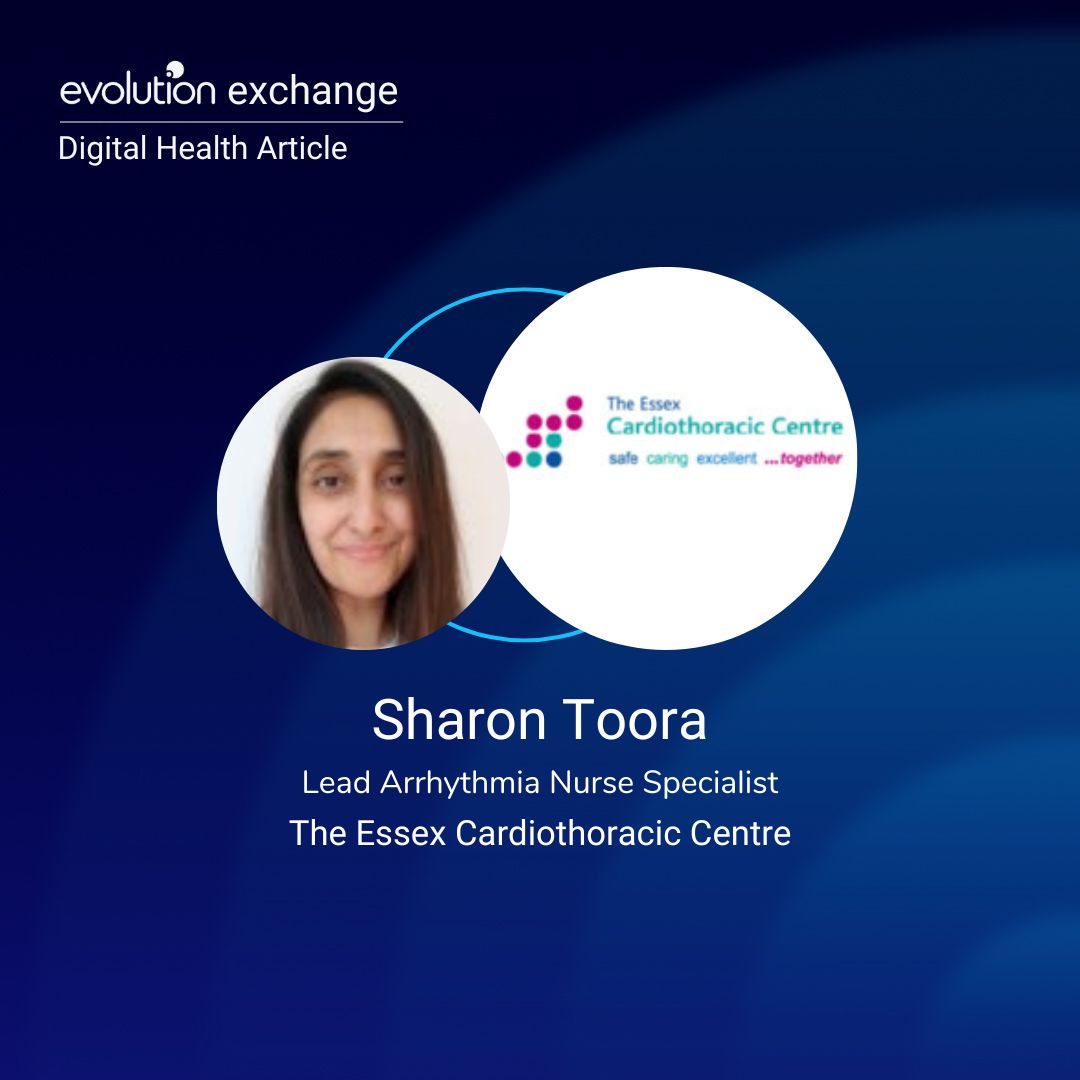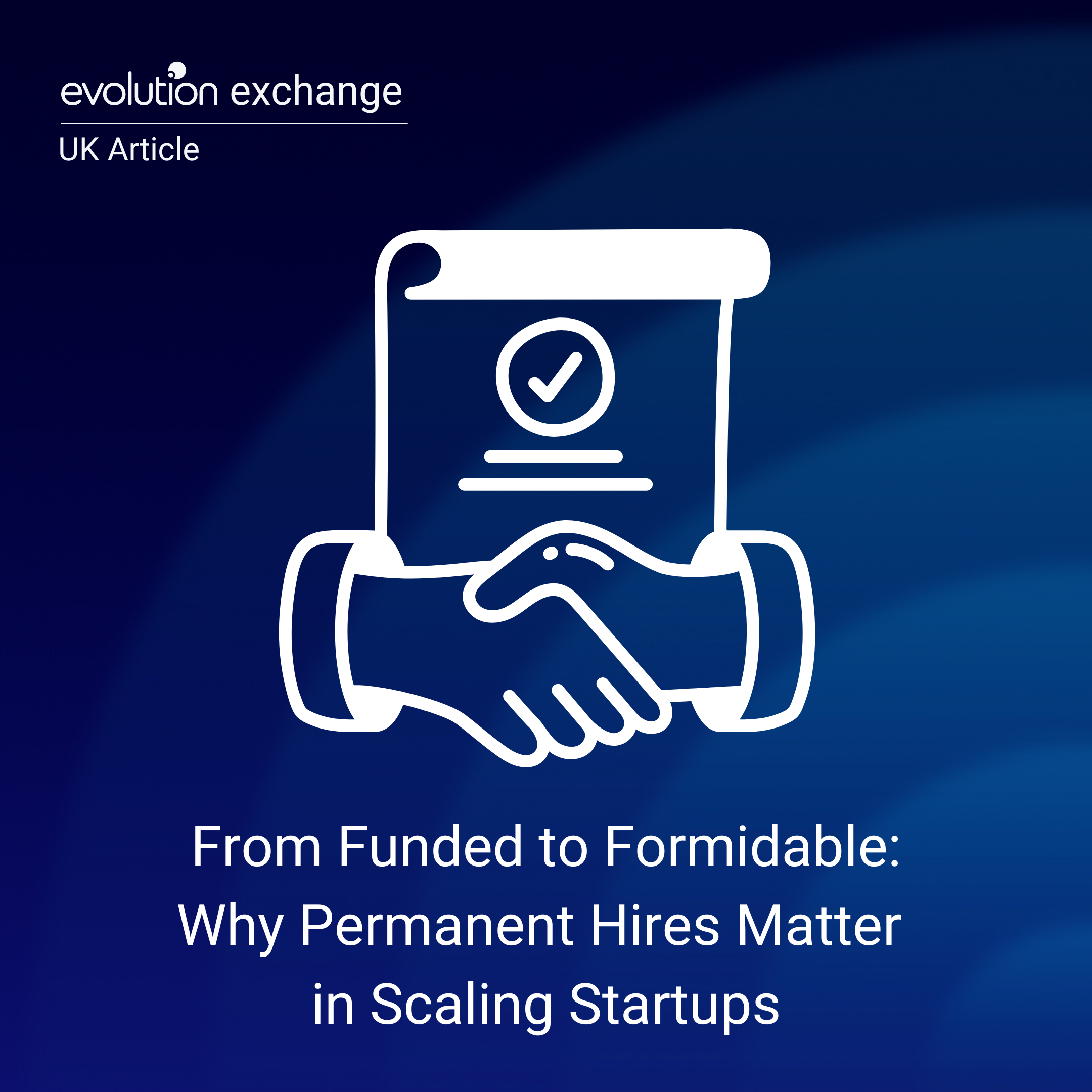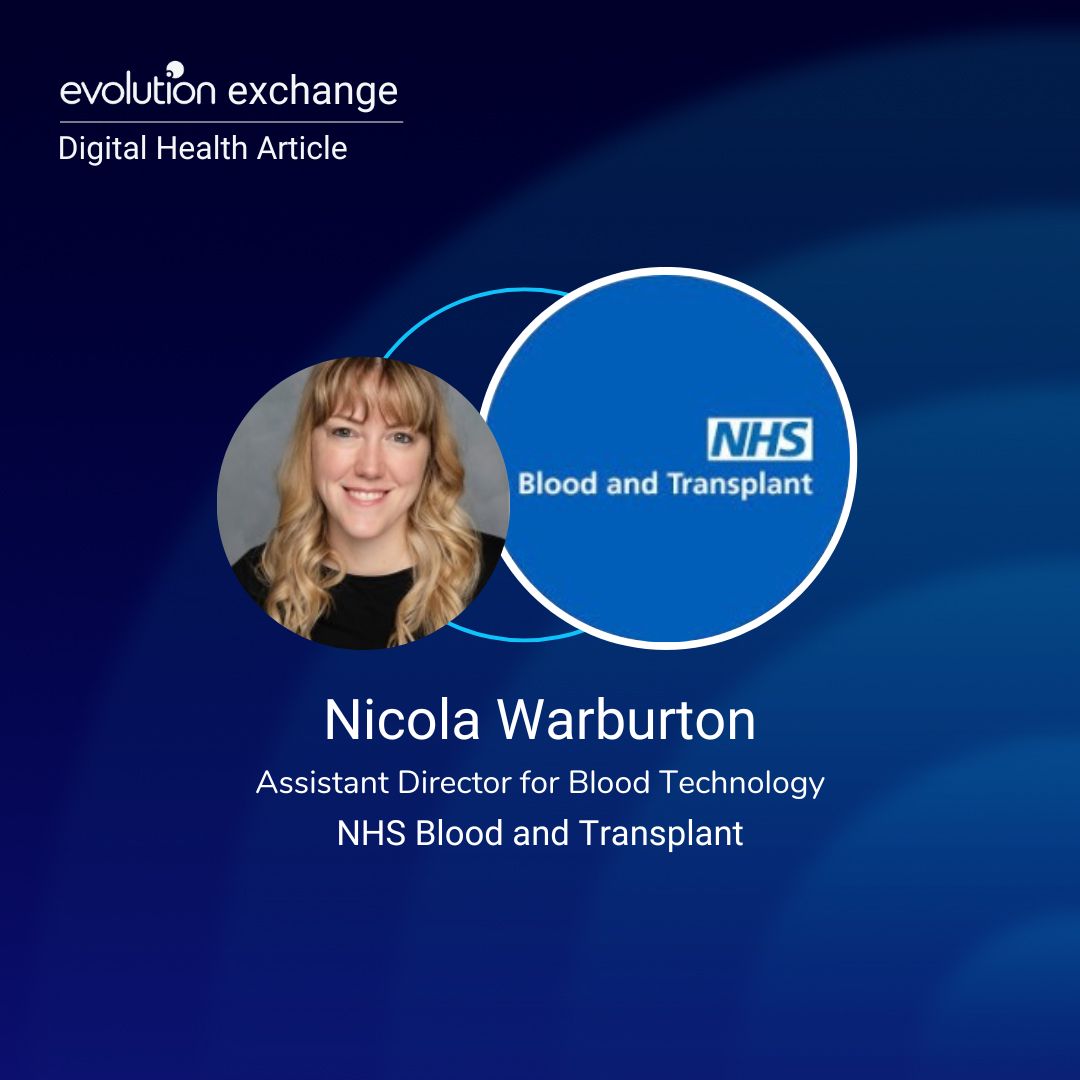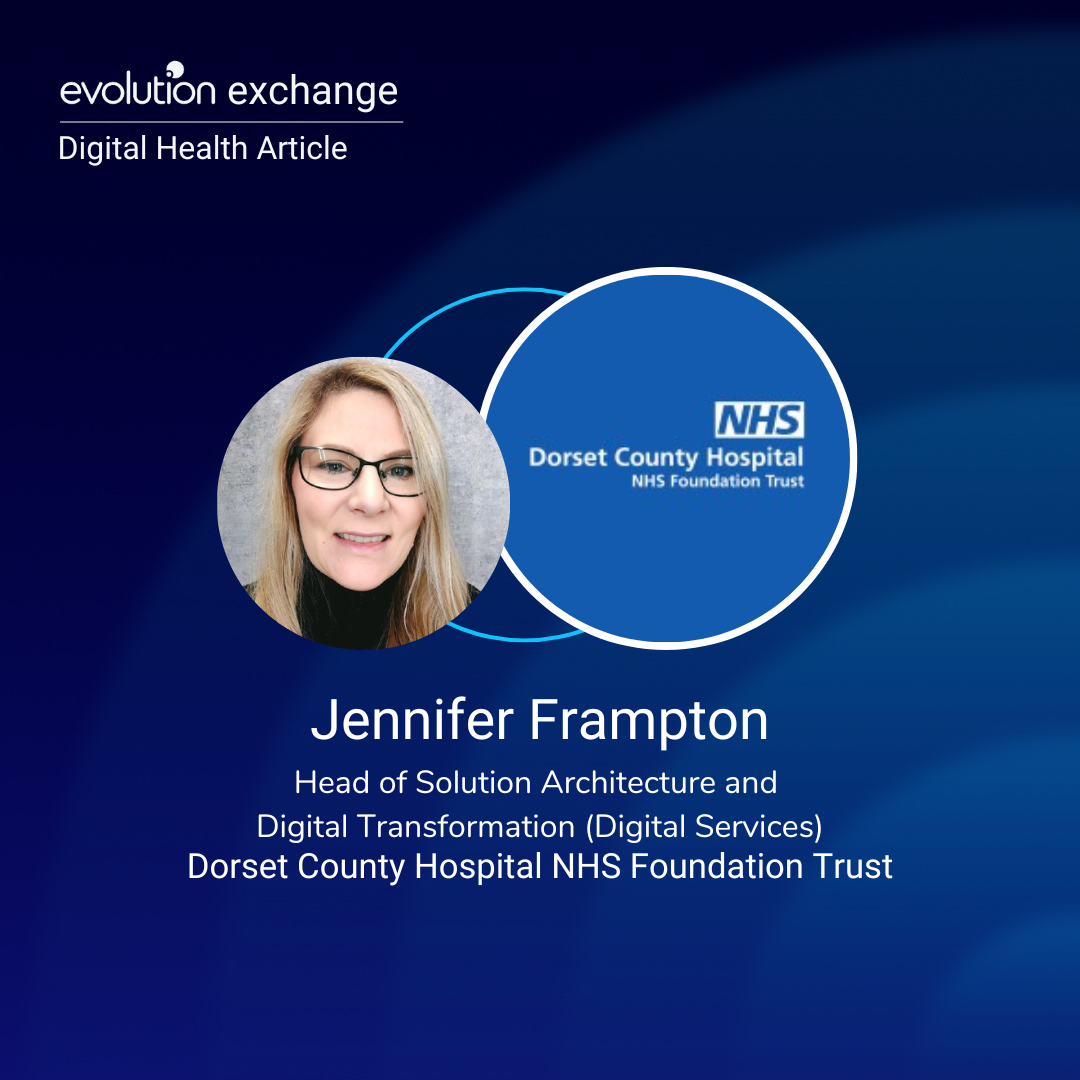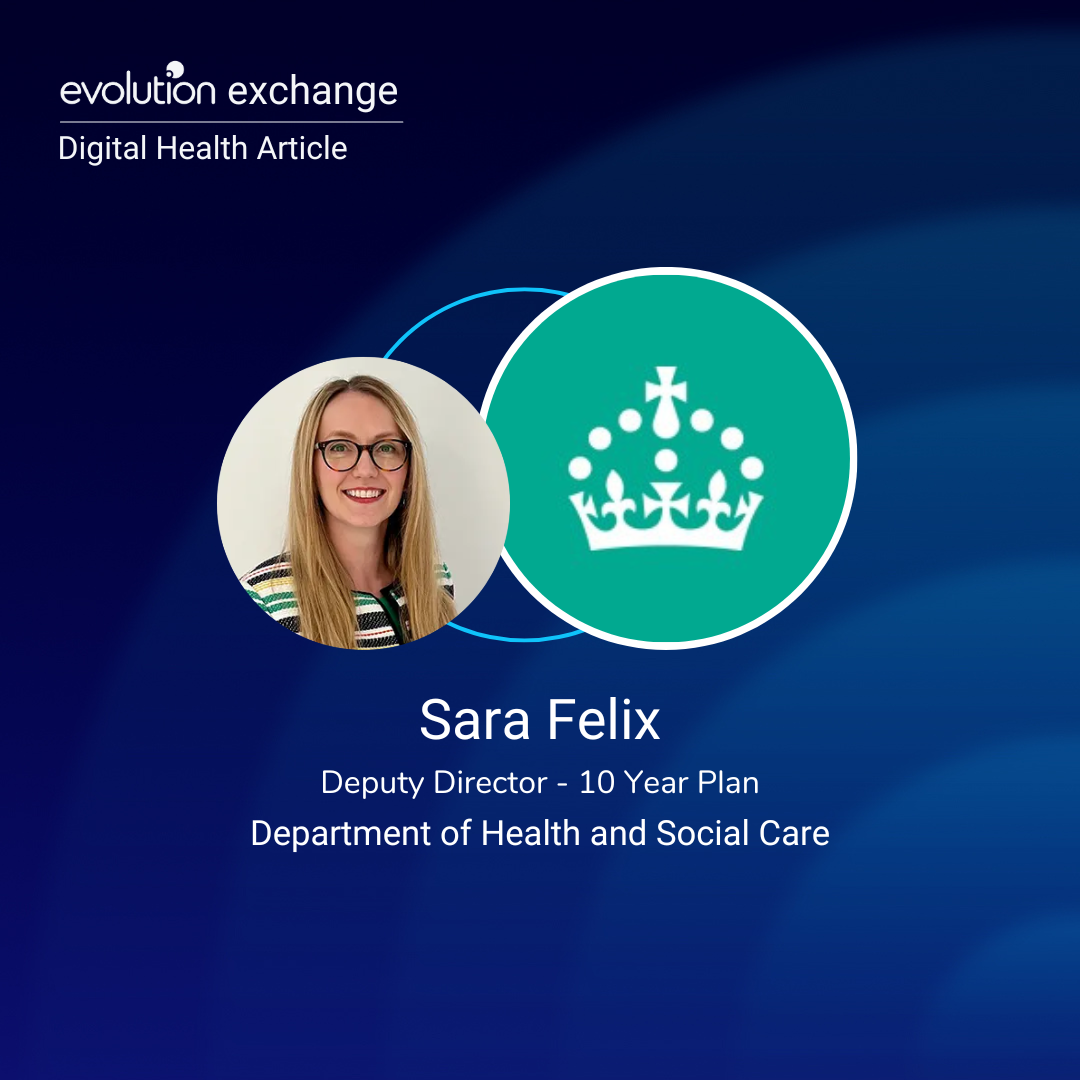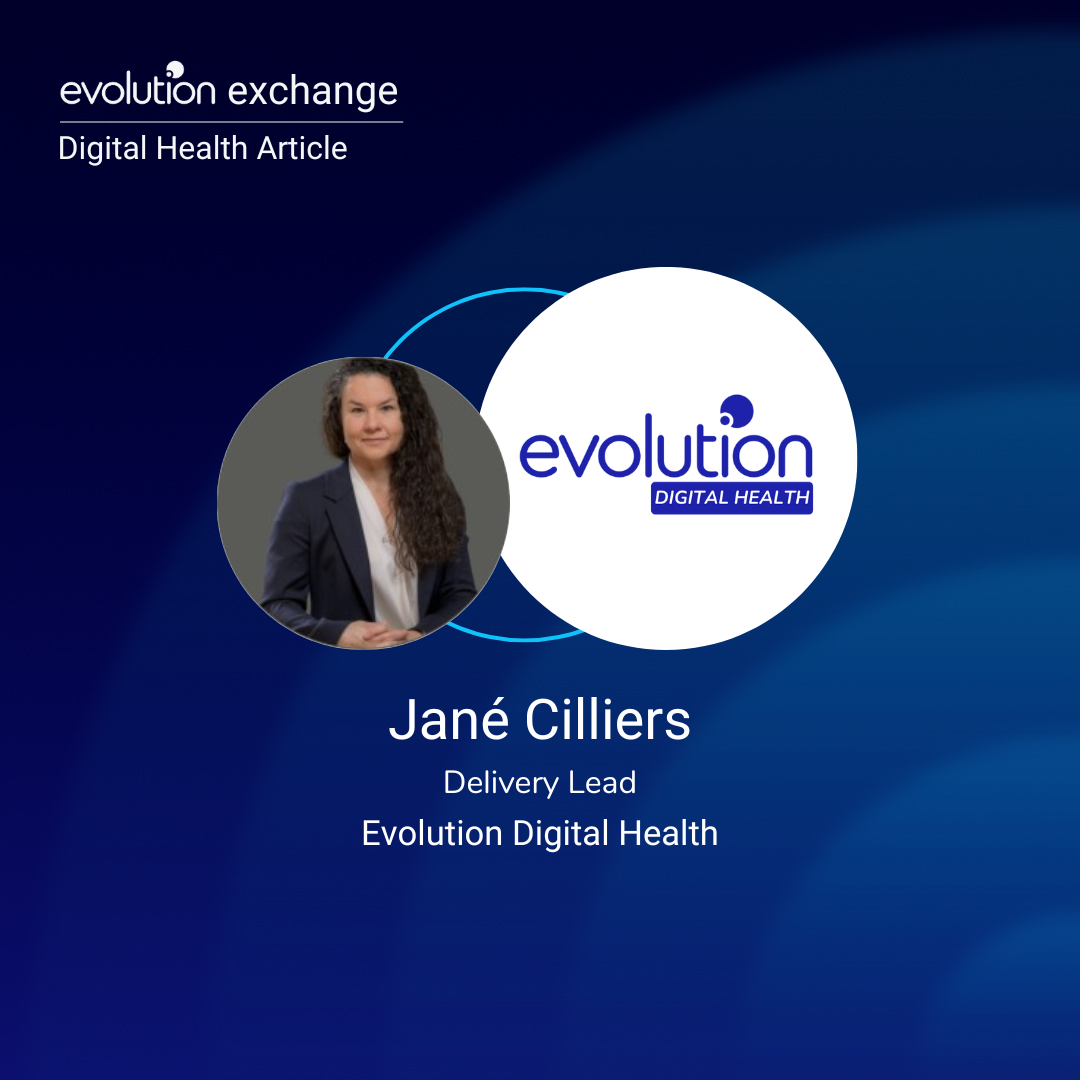In a candid interview, Richard Stubbs, Chief Executive of Health Innovation Yorkshire and Humber and Chair of the National Health Innovation Network, shared insights from his career journey and offered thoughtful perspectives on allyship, diversity, and leadership in the NHS. With 23 years in the healthcare sector following an early career at the BBC, Richard brings a unique lens to discussions about creating pathways for diverse talent.
From Broadcasting to Healthcare: A Career Built on Delivery
Richard’s professional journey began not in healthcare but in broadcasting. “After university, I went to the BBC and had a really fun early career in television and radio which I loved,” he explains. This foundation proved invaluable when he later joined the NHS graduate management scheme.
“The BBC and the media in general was like a finishing school for delivery for me because it is such a competitive world. You just have to get on and do it,” Richard reflects. “Even in the very early days of being on the graduate scheme, I realised that was unusual… that ‘can do, just get it done’ attitude.”
His career path has been anything but conventional. “I’ve had a really interesting, almost unique career path to my current job,” he notes. Beyond operational hospital management, Richard helped create NHS Global, an organisation designed to help the NHS understand its economic value on the global marketplace.
The Power of Career “Rocket Boosters”
Richard credits specific training opportunities as critical accelerators in his professional development. “A lot of my career path has been boosted by the training pivots that I’ve had,” he explains.
One particularly significant experience was the Breaking Through programme in 2008-2009, which targeted ethnic minority middle managers. “That was instrumental in accelerating me to more senior leadership positions… it was a sink or swim type of programme. But one that I was able to benefit from and flourish. I always look at that as the rocket booster to what I’m doing now.”
Beyond Words: What True Allyship Means
When asked about allyship, Richard reveals a thoughtful perspective shaped by his experiences. “It’s not a word that I use often,” he admits. “As a black male, I feel I’m on both sides of the allyship spectrum. I need allies and I also need to be an ally.”
His hesitation around the term stems from seeing performative behaviours. “Anointing yourself as an ally, I think, is something which feels deeply uncomfortable to me,” Richard explains. “For me, it’s more practical. There’s no need to call it something. It’s just doing the right thing.”
Richard emphasises that effective allyship shouldn’t centre on the ally. “Allyship in itself can feel very off-putting to those people who you are seeking to support if you don’t land it properly,” he observes. “As a black person in the NHS, I’ve sometimes felt like a prop to somebody else’s career development… the person being lifted onto the next platform is themselves rather than me or people like me.”
Creating Space for Diverse Voices
Richard shares concrete examples of how he tries to support others, particularly in leadership settings. “Conversations and meetings canI often be dominated by the male voice… who perhaps don’t have the self-awareness of how much airtime they use, so the challenge is to consider how you support other voices to be louder and impactful in those conversations”
As someone who chairs many meetings, he’s developed strategies to address this: “It’s been about the pre-work as well as the in-train work, checking in with people and tipping the wink to say ‘I am coming to you’… but also using humour. If I’m going to call things out, I’ll try and call things out with a little bit of humour.”
Challenging the “No One in the Pipeline” Narrative
One persistent challenge Richard confronts is the claim that diverse candidates don’t exist for senior roles. “Something that always really annoys me is when somebody will say ‘we’d love to get someone from a diverse background into this role, but there isn’t anybody in the pipeline’… trying to unpick that to get people to understand that there’s a self-fulfilling prophecy.”
His response has been proactive: “I’ve put my money where my mouth is several times by saying to people, if you send me a job, I will always send you candidates from diverse backgrounds who are good enough to make a shortlist.”
Richard points to the power of his position chairing the BME Leaders Network: “People have to realise that their networks aren’t the same as my network, and the pipeline is richer than they think it is.”
Navigating Personal Experiences of Marginalisation
When discussing his own experiences with marginalisation, Richard notes the complexity of recognising subtle barriers. “Have I ever experienced overt racism, discrimination, abusive behaviour? Absolutely not,” he clarifies. “But the other reality which is true at the same time is that the NHS continues to be notoriously poor at promoting and recognising people from diverse backgrounds.”
This creates what he describes as “twin tensions” in his career. “It is impossible for it not to be the case that I, as an individual, am [marginalised]… does it feel like I had to work three times as hard as everybody else to get to the same position? It absolutely does.”
The Importance of Building Wide Networks
Richard highlights how crucial it is for professionals, especially those from diverse backgrounds, to develop networks beyond their immediate organisation. “When you are outside of those rooms, when you’re not part of the gang… you need to create other pathways to the next job. Your reputation becomes even more important… there is no point just being known by your immediate bosses if they aren’t helping you to development.”
He advises professionals to ensure their reputation “has a halo effect that’s much wider than your own organisation… so that if and when you need or want to make your next move, there are people out there in the marketplace who know what you’re capable of.”
Practical Advice for Allies
For those looking to support colleagues from underrepresented groups, Richard offers clear guidance: “This is not main character energy… this is non-performative and essential.”
His most fundamental advice? “The job’s about listening. Not assuming that you know what people need, because actually what you’re probably doing is transferring your own sense of what you might need in that similar situation onto other people… You’ve got to listen to what people need. And you’ve got to find the most altruistic way possible to be able to service that.”
Through his leadership roles and personal approach, Richard continues to illuminate pathways for diverse talent while challenging others to reconsider what meaningful support truly entails.










